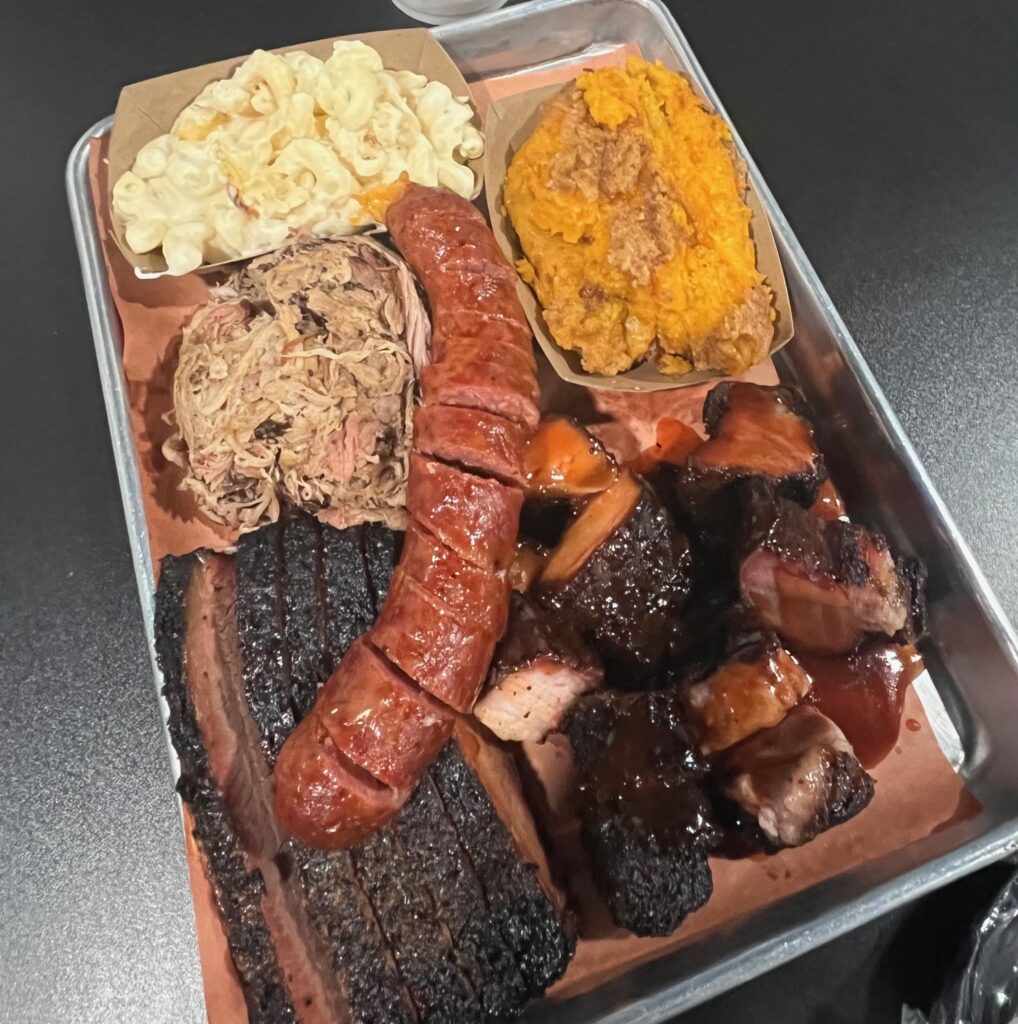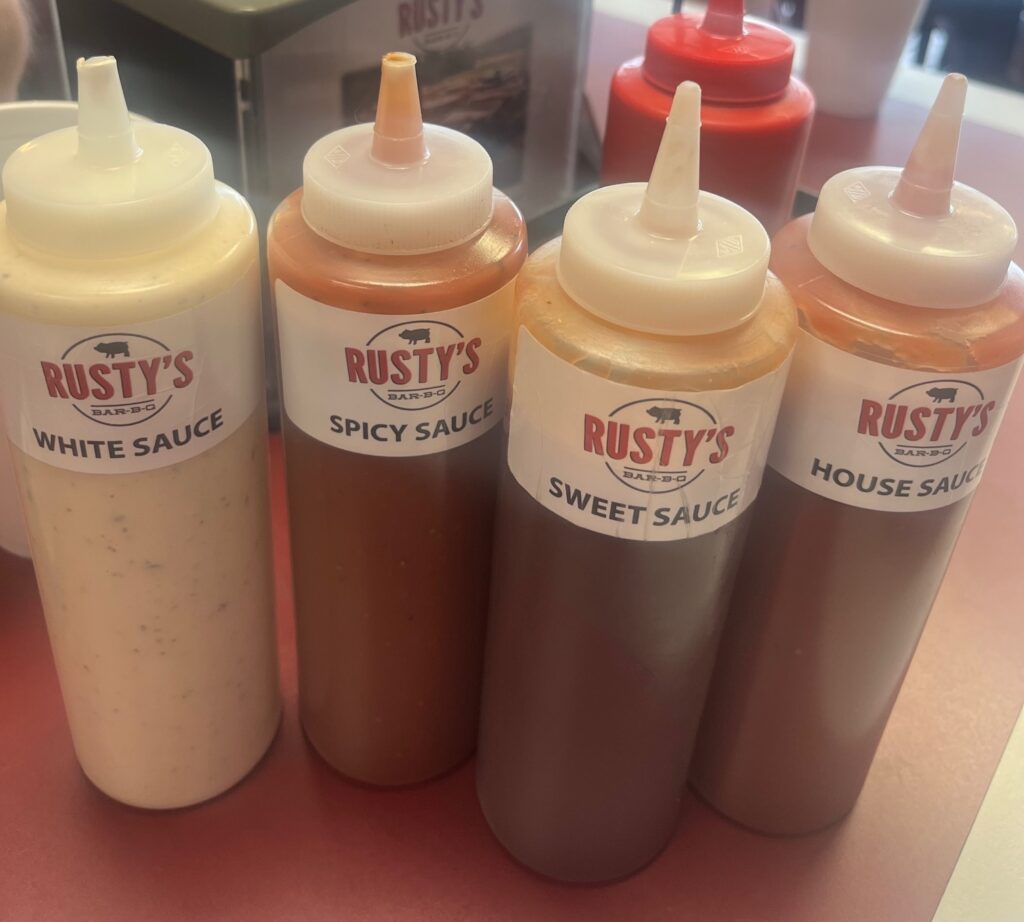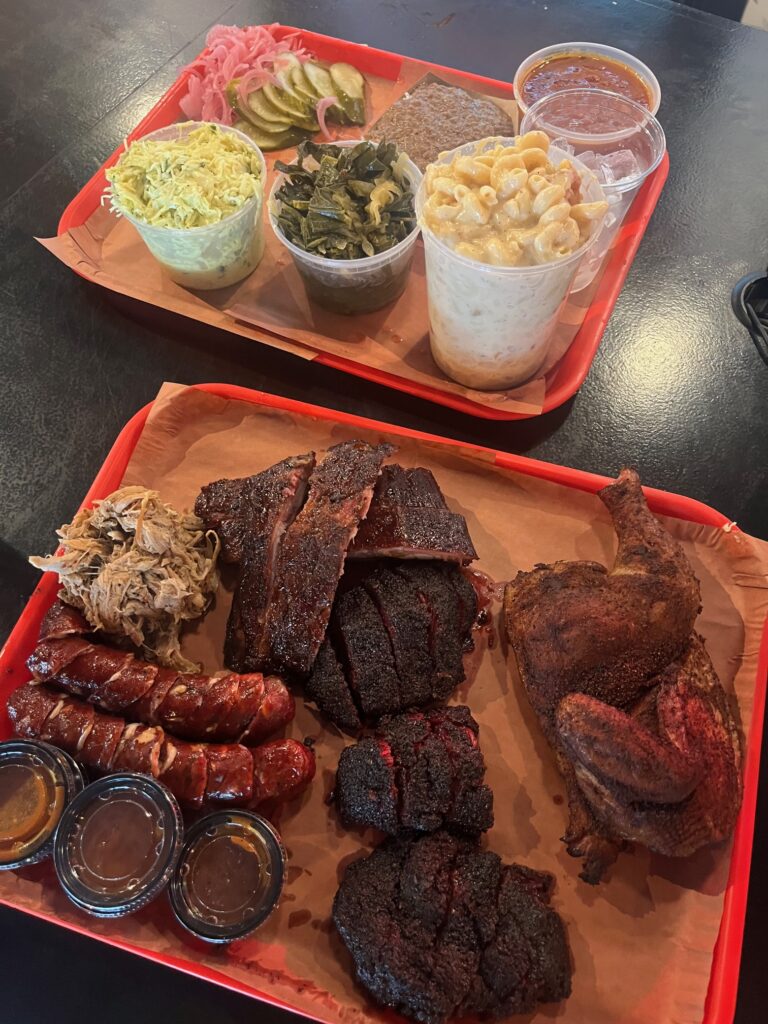Is beef barbecue? Or is it a term only reserved for pork? Or chicken? Or dare I say …. Vegetables?
How did we start barbecuing and what’s all the Low & Slow Showdown semantics about verb versus noun?
In this episode of The Low & Slow Barbecue Show, we look in the big book of words and define the term “barbecue,” talk about BBQ history, and try to determine what constitutes this thing we love so much.
Keep reading for all the details.

Barbecue Here
Before we get to definitions and history, and invitation to barbecue.
Look around LowandSlowBBQShow.com, where you’ll find The Low & Slow Barbecue Show episodes and blogs. 48 episodes from the first one, featuring an interview with Man Cave Meals, to our latest spotlighting Fayetteville’s Black BBQ Cook-off.
Subscribe to The Lowdown Newsletter for more barbecue news, links, and recipes. Sign up today to get the good stuff sent to you.
What is barbecue?
What is barbecue?
It depends on where you are and who you ask.
In the Carolinas, barbecue is when you use live fire and smoke to cook food. Generally, it means cooking it low and slow, and usually barbecue means meat. I guess you can apply barbecue to vegetables if you use the same live fire method. Still, until proven wrong, I tend to think smoked vegetables exist outside the realm of “barbecue” – that is except in the case of sides to the barbecue. That’s just my personal preference.
Speaking of personal preferences, it has come to my attention that a good many people in the Carolinas declare that BEEF is not barbecue. In my opinion, these people are incorrect.
Beef is barbecue – just like chicken, turkey, or heck even seafood if you’re doing it like Matthew Register at Southern Smoke. All these things can be barbecue, IF you cook it over live fire and smoke, low and slow.
Across the South – from Texas, Missouri, and Arkansas to Alabama, Tennessee and Georgia, that definition holds true.
Barbecue is meat cooked over live fire and smoke. Even out West in California the Southwest, barbecue has a similar meaning. In California they’ve been barbecuing in the Santa Maria style since the mid-19th century.
More on barbecue history in a moment. Let’s talk about what barbecue is not.
What is not barbecue?
Hamburgers, hot dogs, shish-kabobs, corn, fish, or anything else cooked on your grill over flames … this is not barbecue. This is grilling.
Sadly, plenty of people who classify grilling as barbecue. It seems like many of these people live in or are from northern regions of North America.
Sure, plenty of good barbecue people operate restaurants in and around New York, Boston, Chicago, and the so-called “North” (Canada?), just ask NYC BBQ.
There are probably more people who slap a bunch of burgers and dogs on the grill and call their party a barbecue. With all apologies to those mis-directed people, that event is a cook-out, anchored by grilling. It is not a barbecue.
Again, barbecue is meat cooked over live fire and smoke, low and slow. You can add sauce or not. You can chop it, pull it, slice it, or pick it. However, you want to serve it. Pig, cow, chicken, turkey, lamb – whatever – I just want to see that smoke ring. I want that flavor-packed bark. I want the melt-in-the-mouth tenderness … like butter.
What is Barbecue? A verb or noun?
If you’ve heard the podcast end an episode with the Low & Slow Showdown, the closing question is the same. Is barbecue a verb or a noun?
The decisive answer is provided by a couple of Carolina guys named Rhett and Link a.k.a Rabbit Lightning or Good Mythical Morning. They’re out in LA today, but once upon a time, they were here in North Carolina paying tribute to barbecue in song.
If you haven’t heard The BBQ Song, check it out here.
It gives a funny take on all the different types of barbecue across the South. Of course, they announce that barbecue is not a verb. However, they don’t necessarily proclaim it as a noun.
For the record, Merriam-Webster dictionary defines barbecue as both a noun and a transitive and intransitive verb. I’m not wading into grammar or verb forms, but I will say Merriam-Webster is pretty much on the money with their parts of speech explanations.
Except for the part where they say that a barbecue is a portable fireplace over which meat and fish are roasted. WRONG!
Origin of the Word Barbecue
There’s some debate over the origin of the word barbecue. Some say it derives from the French words “barbe,” which means beard, and “queue,” which means tail. Apparently because the cooking method smoked everything from the animal’s beard to its tail.
Linguists say that beard-to-tail explanation is hogwash.
They tie the term more closely to the Spanish term barbacoa or loosely, “wooden frame on posts.” Or does it from the Taino language people of South American and Caribbean who said, “ba-ra-bi-cu.”
But while we’re talking about parts of speech and word origins, I’ll point out another perspective. Since I‘ve asked the barbecue “verb or noun question” to a lot of pitmaster guests on The Low & Slow Barbecue Show, I’ve heard some really good answers.
One of my favorites and probably the most accurate is that barbecue is a lifestyle or a way of life. For the record – that makes barbecue an adjective.
Honestly, I think you include barbecue in the part of speech that you prefer – just don’t call grilled hamburgers and hot dogs “barbecue.”
Some Barbecue History
People in North Carolina have been eating pork for nearly 300 years, according to the N.C. Heritage Center.
Before that Christopher Columbus found indigenous people in Hispaniola people cooking meat over indirect flame. They used green wood that smoked a lot and kept the food and wood from burning too fast.
The Spanish called it barbacoa. As Spanish explorers moved north into North America, they brought the cooking technique with them.
By 1540, near modern-day Tupelo Mississippi the Chicksaw tribe cooked a feast of pork over the barbacoa for Hernando De Soto.
From there the practice spread into the colonies as far north as Virginia. There, and in the Carolinas, British colonists encountered people drying meat on a grill of green sticks over smoking fire.
Barbecue Sauce Beginnings
Carolina colonists took the method and introduced their own practices of basting the meat with butter or vinegar, according to Southern Foodways and its oral history of the Southern BBQ Trail. Enslaved people from Africa – who were often cooking the food – brought along a taste for New World peppers – especially red pepper.
As a result, along the Atlantic seaboard, vinegar, butter, and spices like red pepper started getting applied to the British low-and-slow smoked pigs. Barbecue sauce was born.

Mustard Sauce Barbecue
German and French immigrants settling in the Broad River Valley of South Carolina brought their own taste and recipes for mustard which by the way apparently repelled malaria mosquitoes, according to Southern Foodways.
That mustard found its way into the colonial recipes for cooking meat and they’re still using it in South Carolina today.
Barbecue is … Pork?
In the Southern colonies, according to North Carolina barbecue purists like Jim Villas, the meat was exclusively pork. That’s because many people in the south depended on the cheap, low maintenance nature of pig farming.
Cows require a lot of feed and enclosed spaces. With pigs, you can turn them out into the woods to forage on their own. And when the pigs do that, they show up at the slaughter much leaner. That leads to cooking it low and slow to tenderize the meat.
During the Civil War, Southerners ate an average of five pounds of pork for every one pound of cattle.
Why Beef is Barbecue
Once the barbecue trends of the Carolinas started spreading west, German and Polish immigrants in Texas had plenty of land to cultivate cattle. Soon enough, the Carolina low-and-slow techniques started getting used to cook beef. Beef barbecue was born.

Authority on Barbecue History
Ready for more answers for “What is barbecue?”
One reference I haven’t mentioned in this short barbecue history glimpse: Robert F. Moss, food historian and contributing barbecue editor to Southern Living.
His authoritative work on the history of barbecue has published in two editions. “Barbecue: The History of an American Institution” published in 2010. A revised edition released in 2021.
The new edition includes additional research from other writers like Texas Monthly Barbecue Editor Daniel Vaughn, the Houston Chronicle’s J.C. Reid, and Virginia Barbecue historian J.C. Haynes.
Pick it up for all the details you need to know about the history of barbecue – and a more fact-based approach than I’ve applied in this short foray.
Want more?
- Podcast Episodes
- Barbecue Blogs
- BBQ News & Recipes
Subscribe to The Lowdown BBQ Newsletter!


